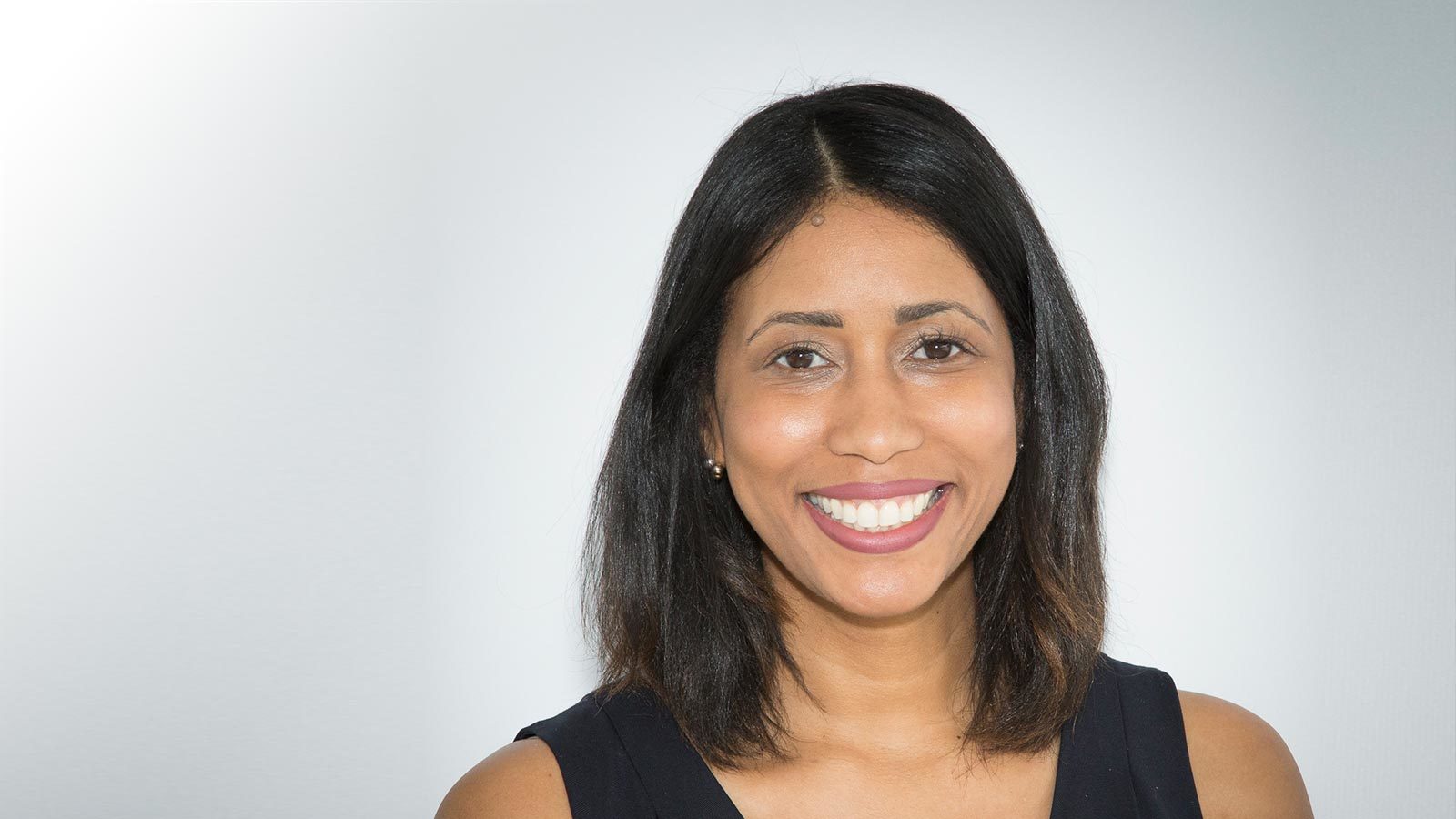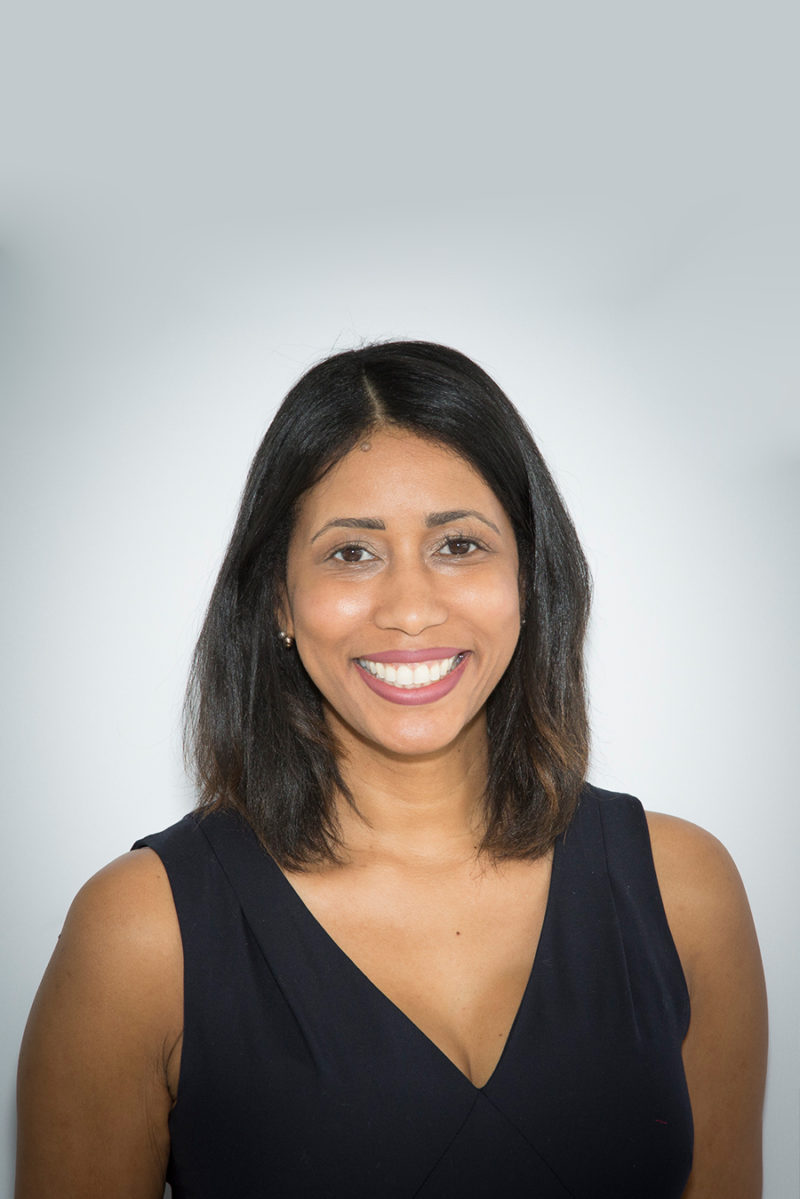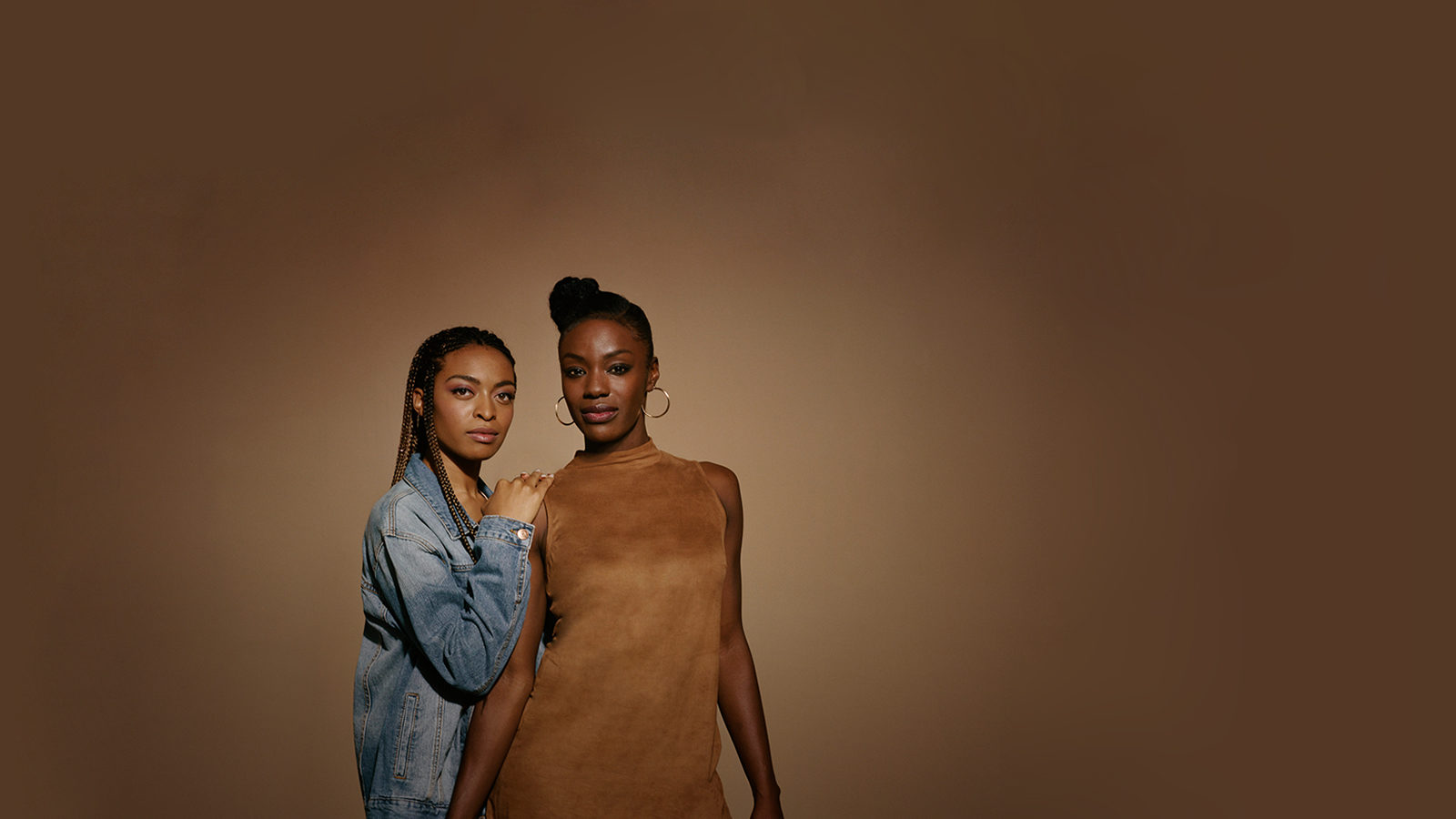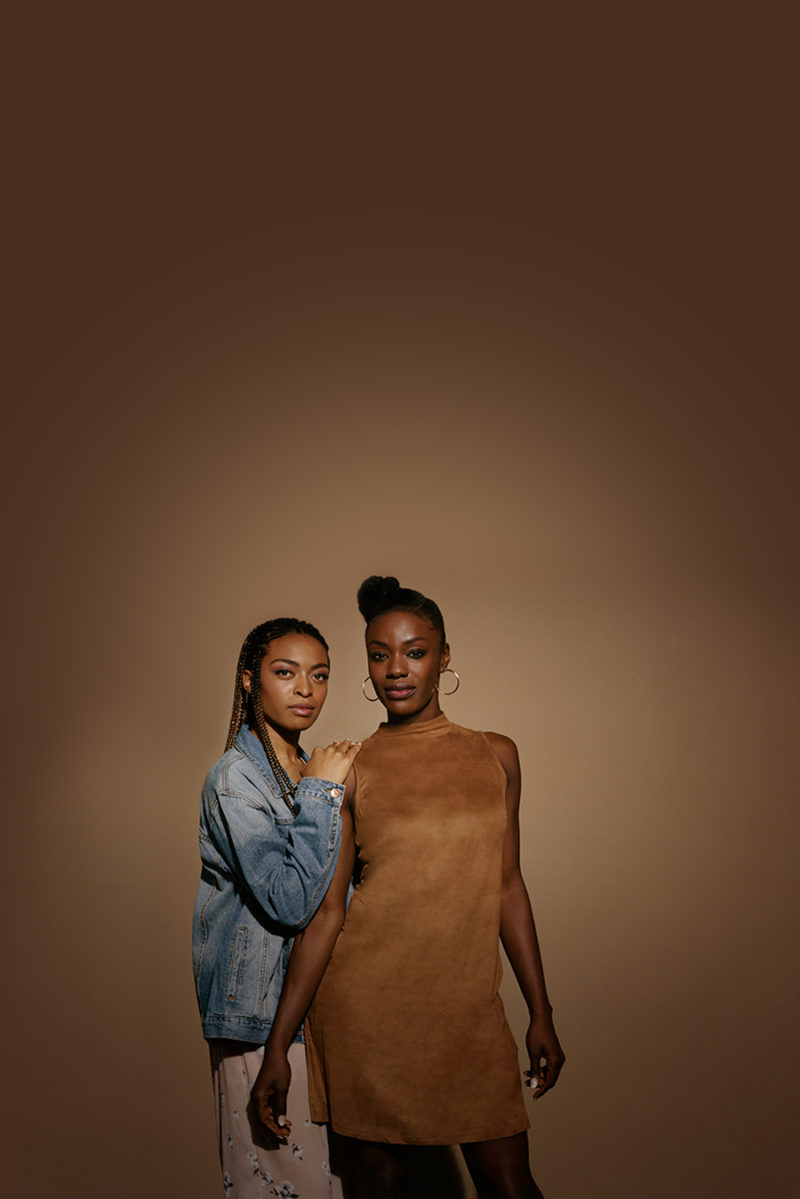“I had to become comfortable with my new normal, and be able to look in the mirror, accept myself and still feel beautiful.”
As a teenager, I remember my mother complaining of pain in her breasts because of a cyst. So, when I felt a lump in my own breast, the first person I talked to was my mother. I asked her if it seemed similar to what she’d experienced. She told me, “I’m not a doctor. You need to go to a doctor and see what’s going on.” I thought, “I’m getting older, I just turned 30, I’m just getting cysts like my mother experienced.
I didn’t know of any history of breast cancer in my family. I was a healthy person and I lived a pretty healthy lifestyle. I’d always been a healthy weight and active. I was living in Chicago, so I walked everywhere. I had an occasional burger or two, but other than that, I ate pretty healthy. I didn’t know what was going on with me.
Looking back, I realize the lump had been there for a while and I was obviously ignoring it. As women, we tend to put a number of other priorities ahead of ourselves. I had a small child and a husband in the automotive industry during a turbulent period with a lot of layoffs and decline in work. The changes we were going through as a family and household took priority. I remember some moments where I had felt discomfort in my breasts, but I didn’t slow down and I didn’t think to investigate the pain further until it finally started to bother me enough that I went to my mother.
Try these tips to make sure you get the care you deserve.
I eventually went to the doctor. After sharing what was going on, my gynecologist told me, “OK, this is what we’re going to do: I’m feeling the lump, too, so we’re going to write a script for a mammogram and see what’s going on.” I was met with insurance challenges about paying for the mammogram. My insurance provider couldn’t understand why a 30-year-old woman was requesting a mammogram or why my doctor was writing a script for it. I had to stand up for myself. I told the agent over the phone, “Listen, I have a lump in my breast and I’m 30. I just recently had a child and my mother has had experiences with cysts in her breast, so I need this test.” Addressing it head on with my insurance provider worked and they approved it.
“This might sound weird, but at first, I thought it was a joke.”
Immediately following my mammogram, I had a biopsy. At the time, I still didn’t think it was breast cancer, but I knew something was going on. I called the doctor’s office daily to try to get my results and they kept telling me, “We’ll call you when your results are in.” I started to tell myself that no news was good news.
Finally, I received a call at work informing me that my results were available. My work was about half a mile away from my doctor’s office, so I walked to the doctor’s office on my lunch break to get my results. I wasn’t thinking I was going to get diagnosed with breast cancer, so going alone didn’t seem like an issue.
I arrived at the doctor’s office and was called in right away. I asked what was going on and my doctor looked at me and said, “You have breast cancer.” I was in shock. This might sound weird, but at first, I thought it was a joke. She looked at me and I looked at her. I kept thinking, “I’m just waiting to hear the real results.”
As it sunk in that the results were real and I had breast cancer, I didn’t know what to do. I walked out of the doctor’s office, into the hall, and realized I was alone. I called a coworker to come pick me up. I told her about my appointment—she was the first person I told—and she said to me, “And you’re just going back to work!? I don’t think you need to go back to work right now. I think you need to call your family. You need to call your husband. You need to call your mother. You need to call people and tell them.” It was a shocking experience. I felt numb and out of my body. I didn’t know what to do with this information now that I had it. I literally had no clue. I didn’t know anything about breast cancer.
Making your health a priority can reduce your breast cancer risk.
My mother was the first family member I told and it was challenging because, of course, she wanted to protect me, but she couldn’t. She told me she wanted to take it from me, but that was impossible. It left her limp. After being diagnosed, I knew I had to be all about the business of getting healthy. That was my new job. I was going to get healthy and I was going to stay whole to continue my life for my family.
“What will my new normal be?”
My breast cancer diagnosis was challenging in different ways for my whole family. With my daughter, I was very open even though she was in diapers when I was first diagnosed. She’s seen me share my story publicly and she’s watched me advocating for breast cancer awareness and breast health. There’s an organization called Sisters Network and they have a “Teens 4 Pink” program that my daughter went through. She understands the disease, even at 12, and has become a breast cancer champion in her own right.
With my husband, we had to understand and redefine intimacy with each other. He didn’t want to hurt me and he didn’t want to make me uncomfortable. He still wanted to be around me, but it was a challenge. From age 30 to age 37, I lived life without one of my breasts and I had to deal with that. It was hard, especially considering that breasts are a sexual organ for women. Intimacy was challenging. I had to become comfortable with my new normal, and be able to look in the mirror, accept myself and still feel beautiful. The more I became comfortable with my new body, the more my husband could be comfortable. It took a while, though.
With my extended family, I didn’t make breast cancer a private journey. I engaged my family about what was happening with me. I needed my village to support me and help me with my daughter who was still in diapers. There was a point after surgery when I could no longer pick my daughter up and I needed additional maternal support from the women in my family.
“African-American women need to talk because we are impacted by breast cancer in such a different way.”
Through sharing what I experienced with my family, I found out I had a great aunt on my mother’s side who passed away from breast cancer. My great aunt was private about it. Had she been open about her journey, the women in my family could have been taking charge of our breast health. Had my mother known about her aunt’s battle with cancer, she could have communicated that to her doctors and then her doctors could have put her and her daughter on a heightened alert. But it wasn’t shared with the family.
Learn how family health history can hold clues for your own health.
For me, sharing my story is so important. African-American women need to talk because we are impacted by breast cancer in such a different way. After I was diagnosed, the women in my family started to have dialogue around health because of what I was experiencing. Sharing my story with my family has allowed us to talk about familial health history, which is just not something most communities do.
My daughter and I now have open conversations about breast health, which is vastly different than three generations ago in my family. My grandmother would have never had that conversation, but my mother chipped away at that barrier and shared a little with me. What my mother shared helped to heighten my awareness to what was going on with my breasts and that absolutely opened up the conversation with my daughter. Now, my daughter is aware of the importance of having conversations around knowing your normal, living a healthy lifestyle and educating your doctor about your family history.
“Our bodies show and tell us what’s wrong and we need to pay attention.”
I always say that looking back, as a woman at 30, I needed to listen to my body. If I had listened to my body and paid more attention to the discomfort I was feeling in my breast, doctors might have caught the cancer sooner.
Learn the signs of breast cancer and how to notice a change in your breasts.
Now, I remind young women to check in daily with their bodies and not to disregard disease or physical changes because illness can strike you at any age. Our bodies show and tell us what’s wrong and we need to pay attention.




